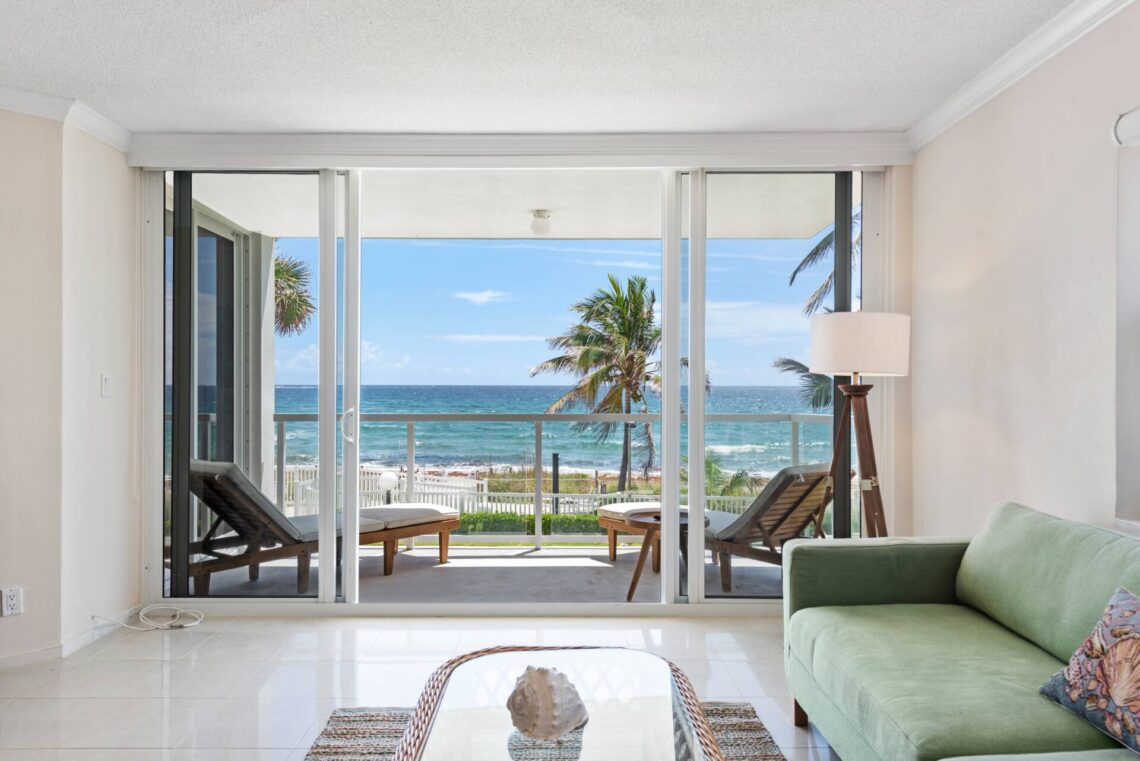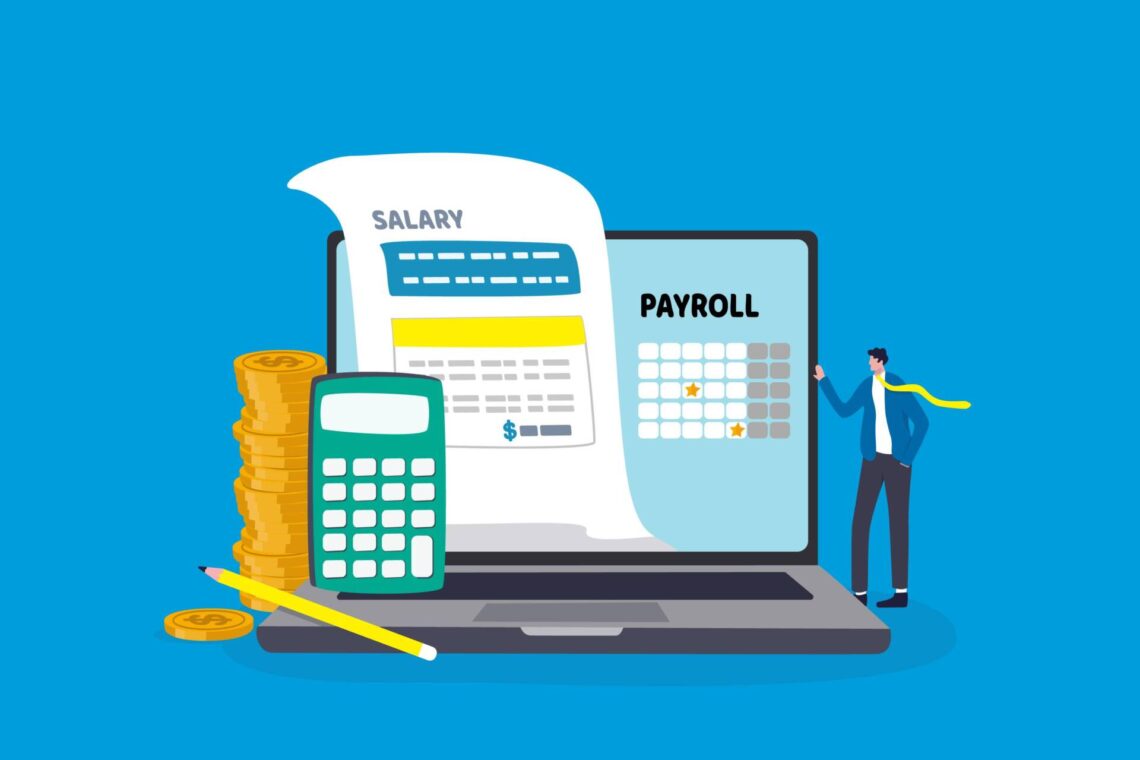In recent years, platforms like Airbnb, Stayz, and other short-term rental sites have revolutionised the way Australians earn extra income from their properties. While these platforms offer attractive financial prospects, it is crucial to grasp the tax consequences of renting out your property through them.
Understanding short term rental tax implications helps you stay compliant with regulations and avoid unexpected liabilities. Here are a few things to consider:
-
Declaring Your Rental Income
Whether you offer short-term or long-term rentals, and whether you’ve used Airbnb or another platform, you must declare all rental income on your tax return. Just like traditional property leasing, the Australian Taxation Office (ATO) treats rental income from Airbnb and Stayz as assessable. This means it is subject to income tax and taxed at your marginal rate.
Even if you’re only renting out a room in your home or hosting guests for just a few weekends throughout the year, the tax implications remain the same. Failing to declare your short term rental tax obligations could result in penalties or backdated assessments from the ATO.
-
Claiming Deductions for Short Term Rental Tax
Owning rental properties is a popular tax-saving strategy. By leasing your property, you can offset some expenses against your rental income to lower your overall taxable income and subsequently reduce your short term rental tax liability.
It’s crucial to remember that any deductions claimed must directly relate to the rental part of your property. For instance, if you rent out a granny flat and add a kitchenette, you can depreciate the renovation costs. Conversely, renovating the main house (the owner-occupied part) won’t be deductible since those expenses don’t relate to the rented portion.
Some of the expenses you may be able to claim include:
- Utilities and maintenance: A portion of the electricity, gas, water, and cleaning costs that are related to the rental period.
- Property management fees: If you use a management service to handle your bookings, the fees they charge are deductible.
- Depreciation: You can claim depreciation on furniture and appliances used by guests, as well as capital works deductions on the property itself.
- Mortgage interest: If you have a loan on the property, you can claim a portion of the interest. This is usually based on the percentage of time the property is rented out versus personal use.
- Insurance and council rates: Costs like short-term rental insurance and council rates can also be claimed.
Only claim expenses directly linked to the rental period and space. Overclaiming expenses can attract ATO scrutiny, as they closely monitor short-term rental hosts during audits.
-
Capital Gains Tax (CGT) Considerations
If you are renting out a section of your primary residence, you might face capital gains tax (CGT) when the time comes to sell the property. Normally, your main home is CGT-exempt, but this exemption decreases if a portion of the property is used for income generation.
The income-producing portion, such as an Airbnb rental, becomes subject to CGT. The tax will be calculated based on the rented area’s proportion and how long it was rented. Consider this carefully if you plan to sell the property in the future.
-
GST and Airbnb
Some good news for small-scale hosts is that Airbnb and similar platforms fall under residential rental income, which is exempt from Goods and Services Tax (GST). You don’t need to charge GST on rent collected or claim GST credits for related expenses.
However, if your short-term accommodation business surpasses an annual turnover of $75,000, different GST regulations might come into play. If you believe this situation applies to you, it is advisable to seek advice from a tax professional.
-
Impact on Other Benefits
Renting out your property could impact other benefits or obligations, such as:
- Land tax: Depending on your state or territory, the value of your property for land tax purposes may be reassessed based on its use as an income-generating asset.
- Pension and social security benefits: Earning rental income could affect your eligibility for pensions or other government benefits, particularly if your rental income is significant.
-
Record Keeping
Keeping precise records is crucial for accurately reporting your rental income and expenses. Remember to keep track of the following:
- All rental income received.
- Dates when your property was rented out.
- Receipts for any expenses that are claimed as deductions.
- Mortgage interest statements and other pertinent financial documents.
Maintaining a well-organised record-keeping system makes tax time easier and helps protect you in case of an ATO audit.
-
Proactive Tax Planning
Given the complex tax implications, especially concerning deductions and CGT, consulting a tax professional can help improve your tax situation. They can help develop strategies to maximise deductions, mitigate potential risks, and prepare for selling a property in the future.
To Summarise…
Renting out your property on Airbnb or similar platforms can provide a valuable source of extra income, but understanding the tax obligations linked to this endeavour is essential. From income reporting to claiming deductions and preparing for potential Capital Gains Tax (CGT), being informed about these obligations is crucial for avoiding setbacks and maximising benefits.
Before venturing into short-term rentals, make sure you have the right tax knowledge. If you’re uncertain, seeking professional advice can help you stay compliant and confident.





